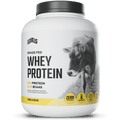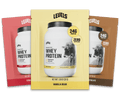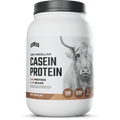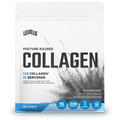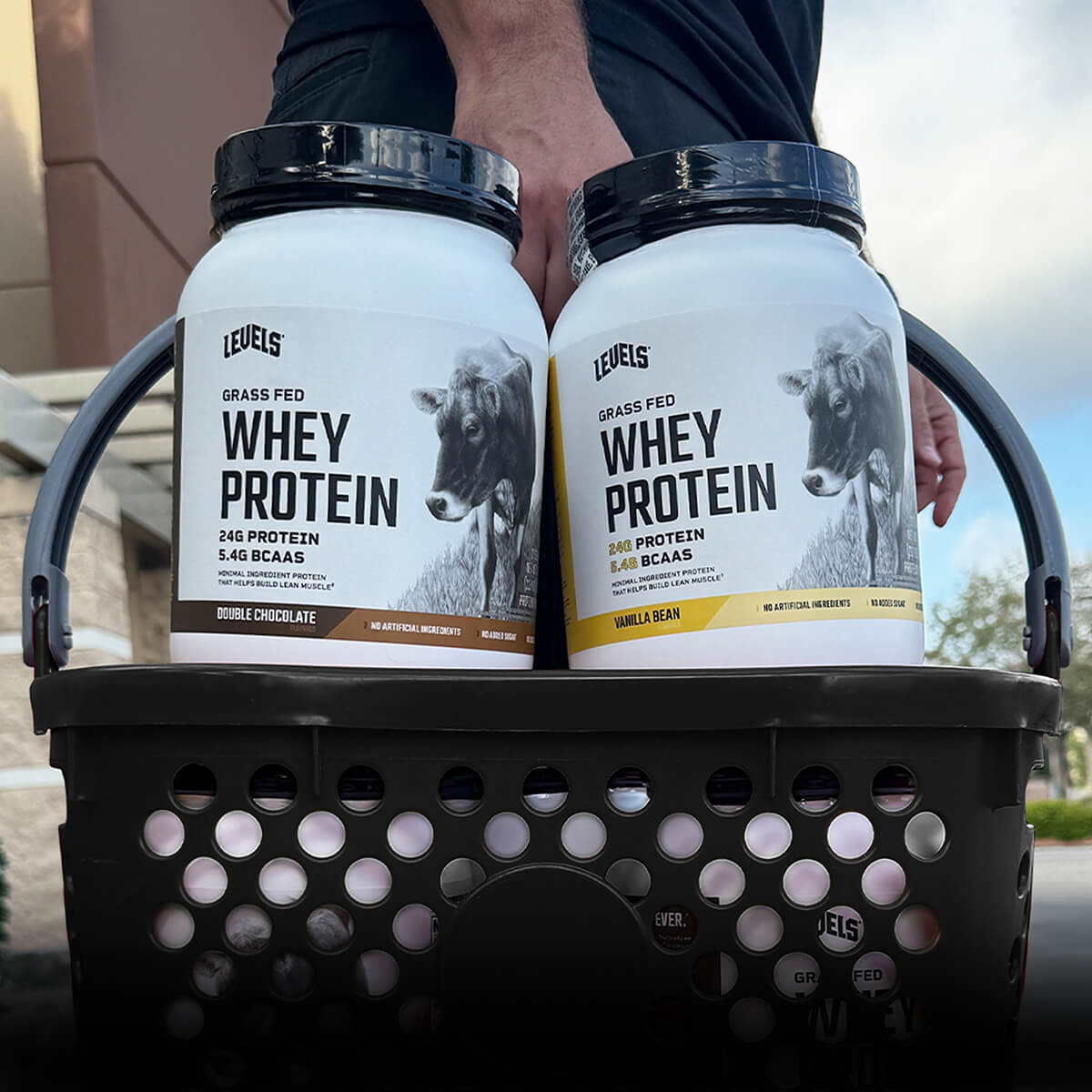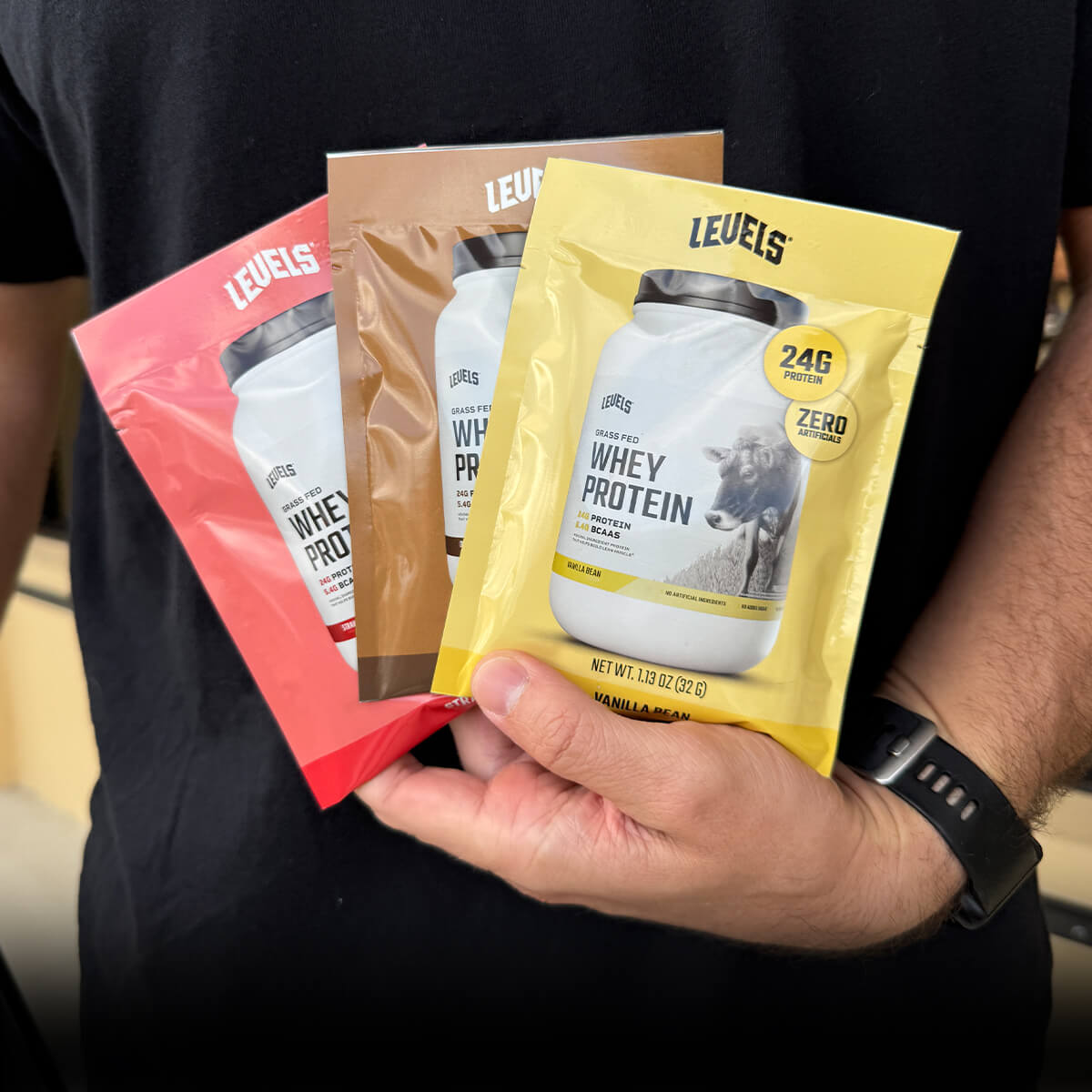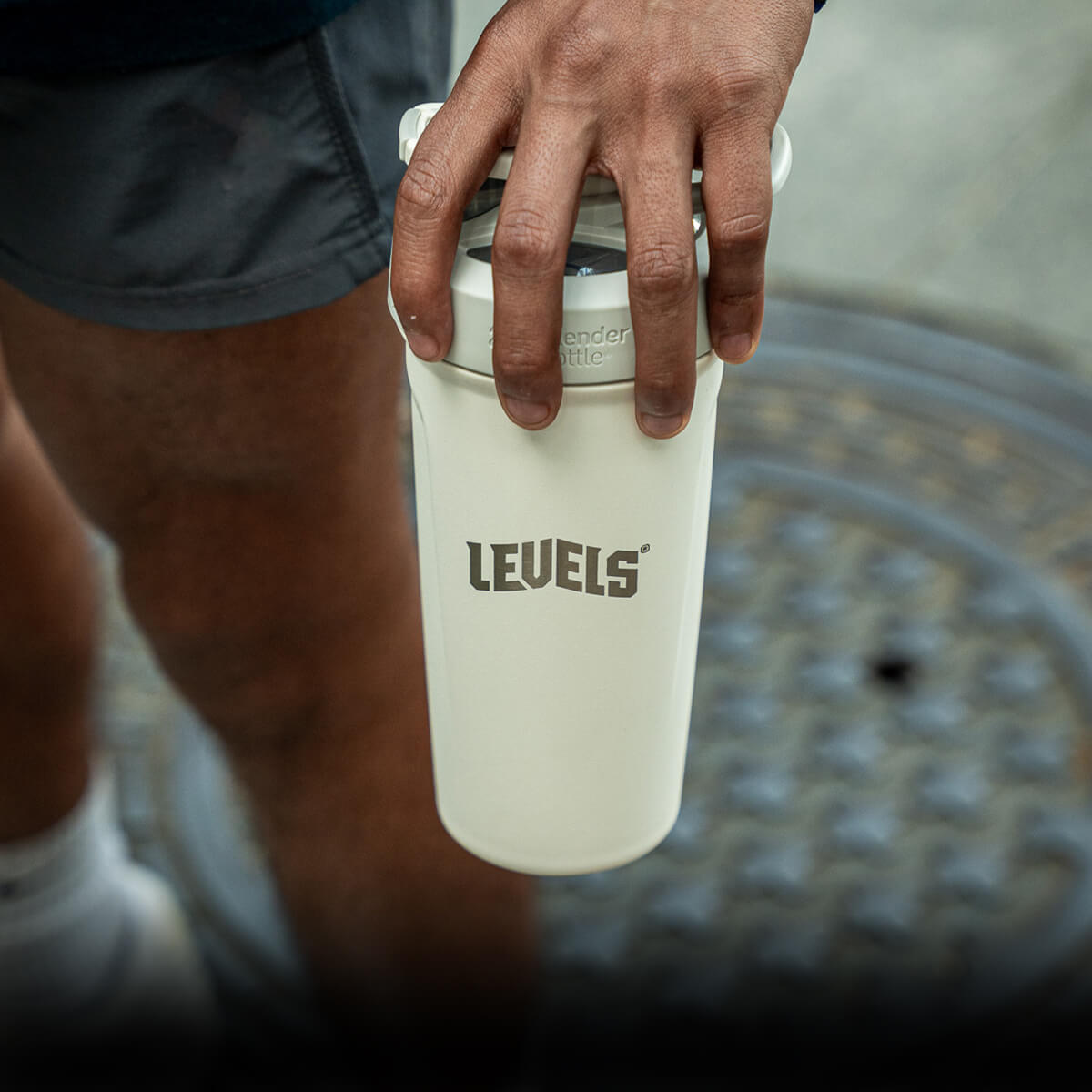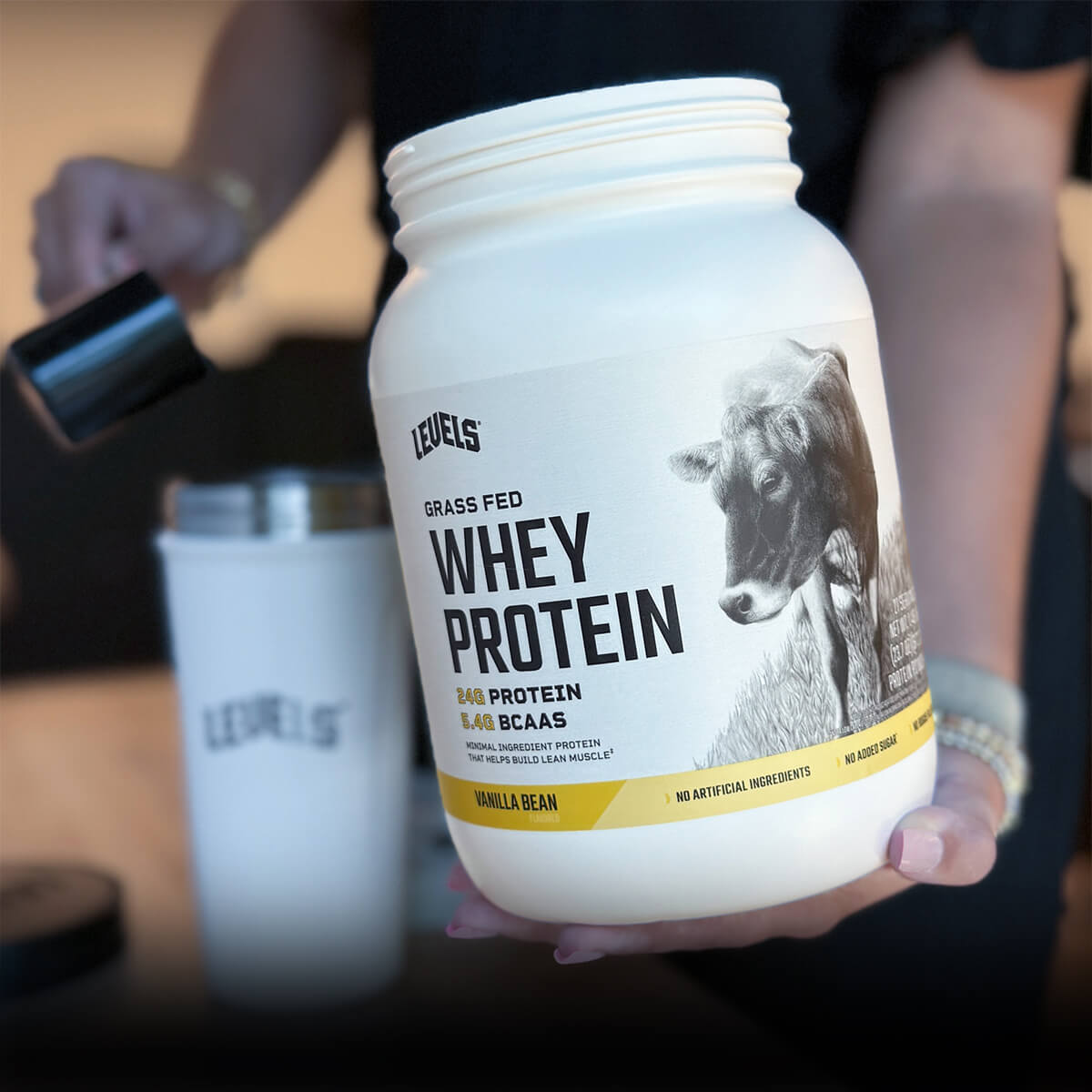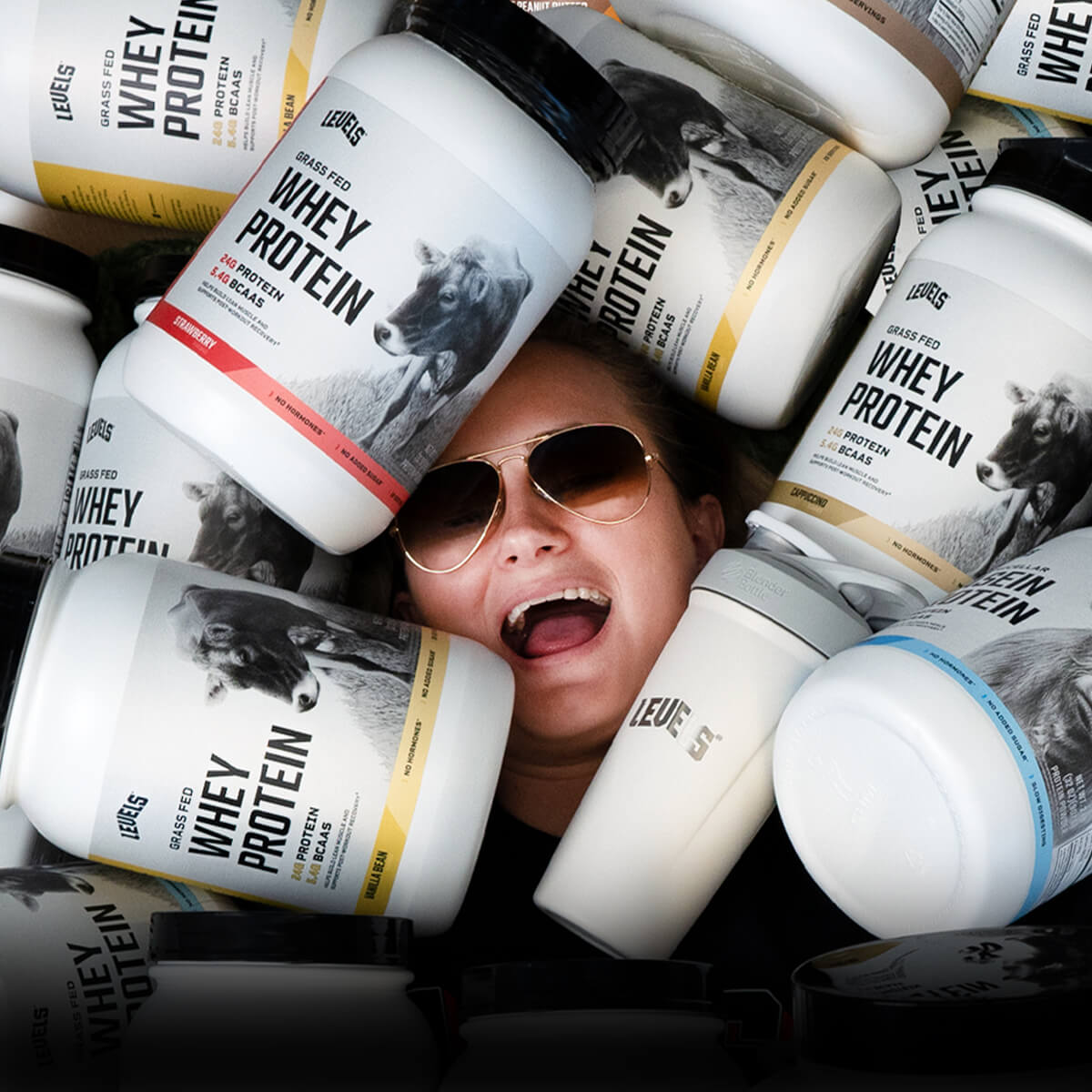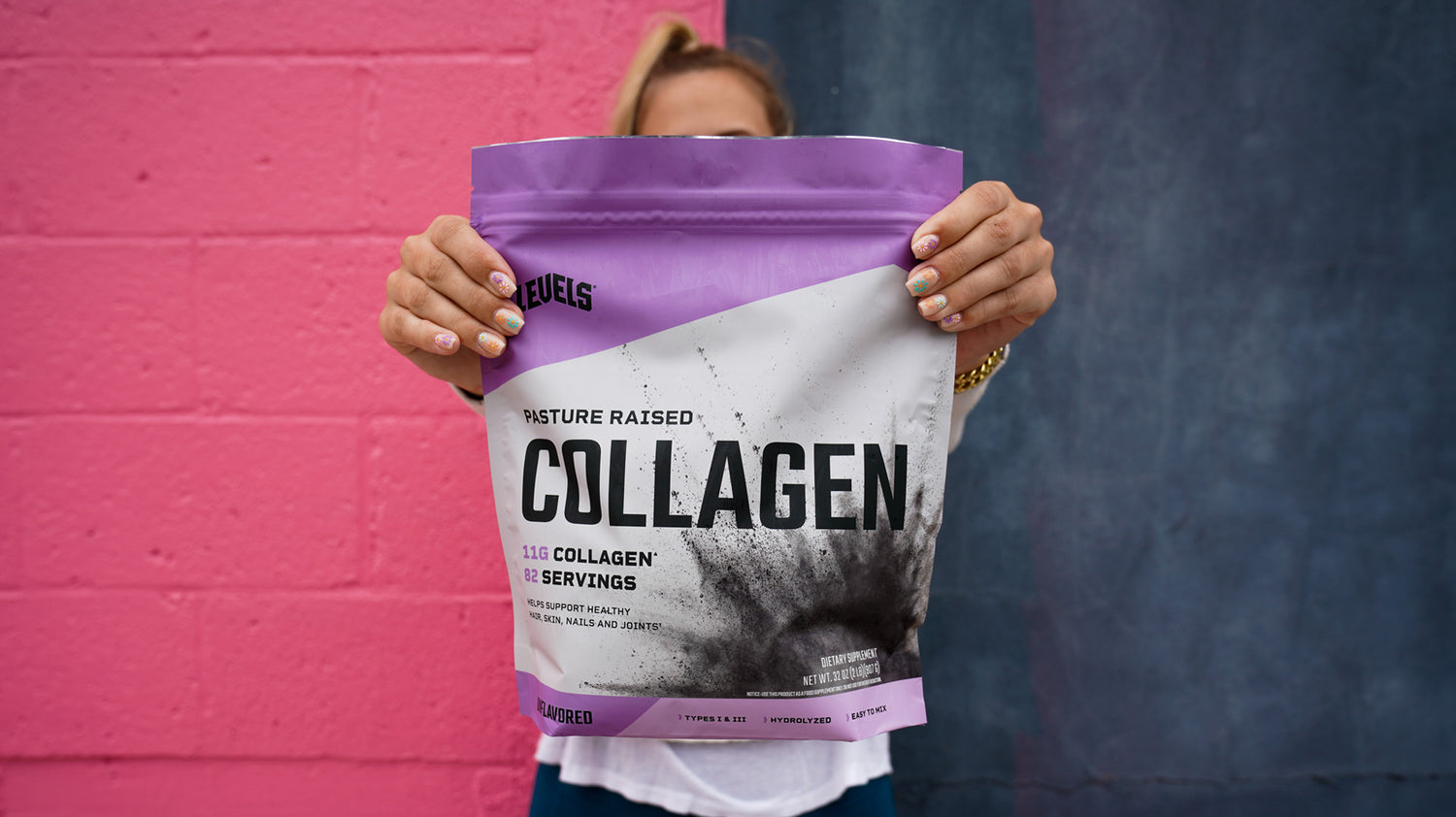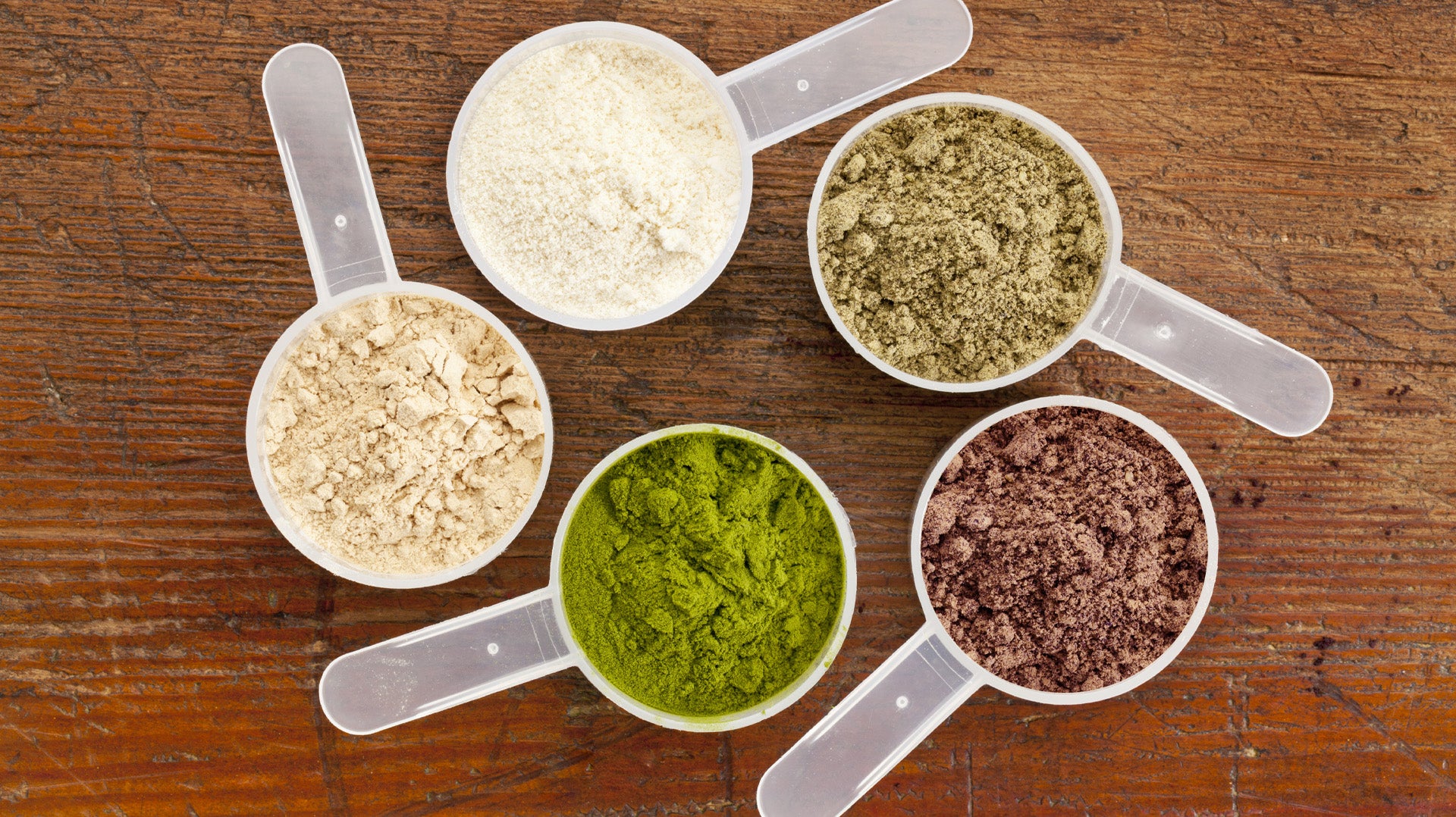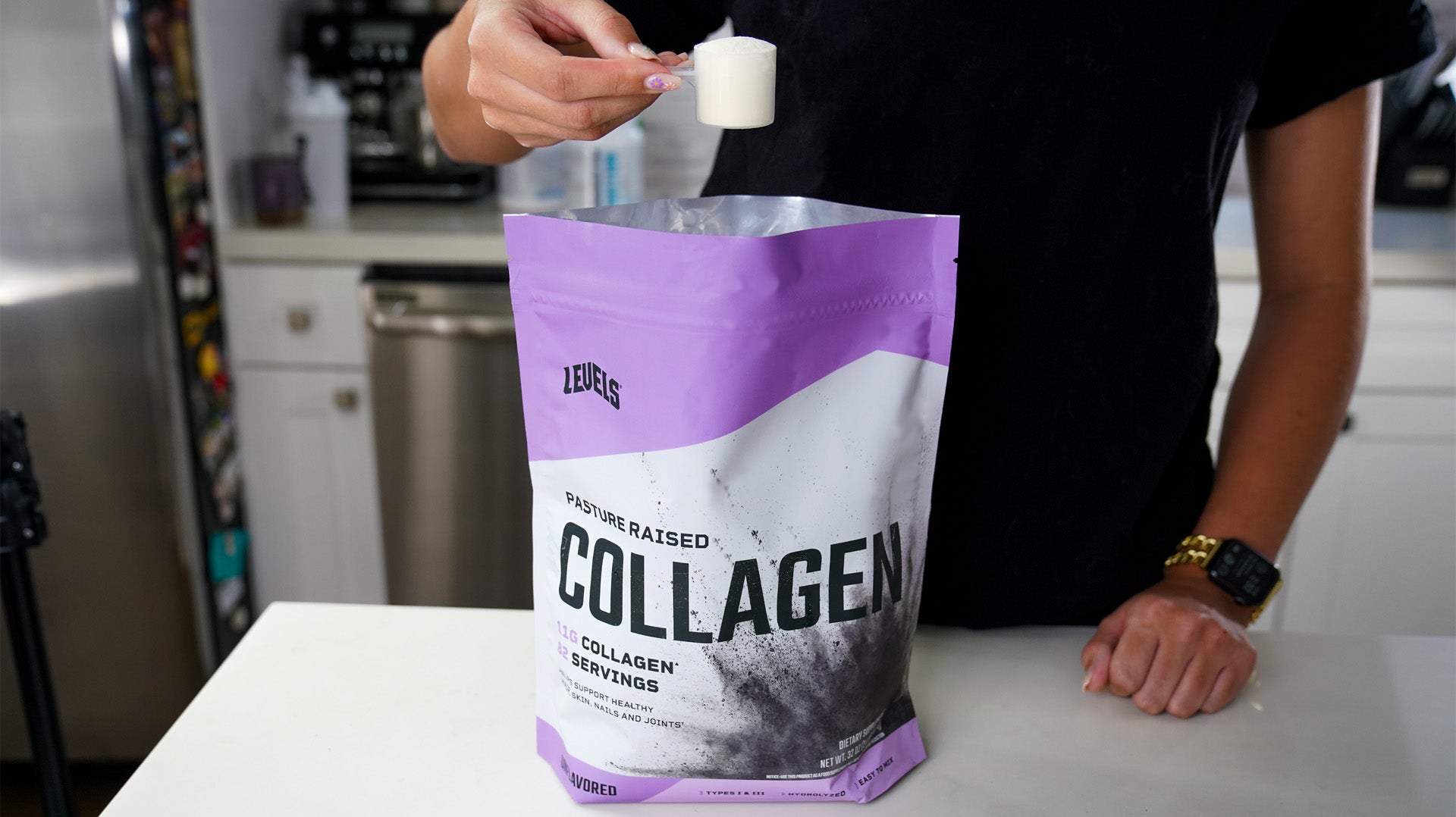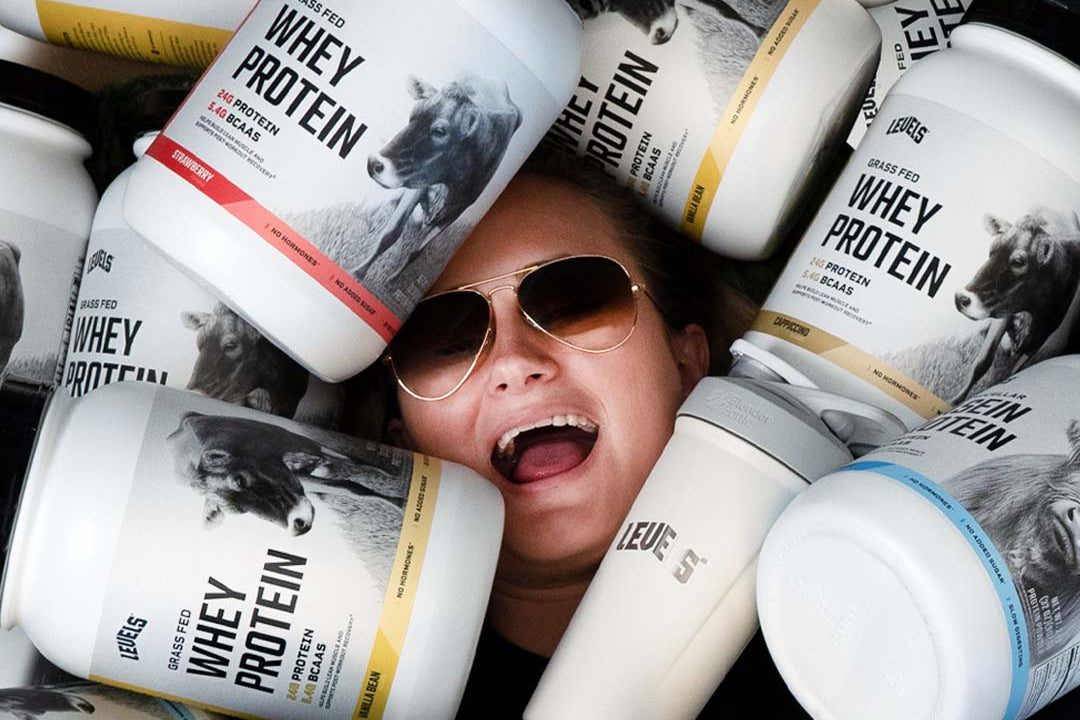Collagen is the most abundant protein in your body, as well as a popular ingredient in cosmetics, foods, and dietary supplements.
And science shows that taking collagen is good for your skin, joints, muscles, and more.
But what exactly is hydrolyzed collagen, and what makes it unique?
In this article, you’ll learn scientific facts about different forms of collagen, 7 benefits of hydrolyzed collagen supplements, how to take them, and how to boost your dietary intake of collagen protein.
What Is Collagen?
Collagen is a protein in your body that’s high in the amino acids glycine, proline, alanine, and arginine[*].
And because collagen is an essential component of your skin, tendons, ligaments, and many other tissues, it comprises 30-40% of the overall protein in your body[*].
As you age, your body produces less collagen. Researchers think decreased collagen levels are one factor in the aging of skin and joints[*].
And eating foods high in collagen such as meat, fish, or bone broth can boost collagen production, but your body can also make collagen from the amino acids found in other proteins[*][*].
In other words, you don’t have to eat a diet high in collagen to produce collagen, but it helps.
Keep reading to learn about hydrolyzed collagen, a supplement some people take to boost their collagen intake.
What Is Hydrolyzed Collagen?
Hydrolyzed collagen is a type of collagen supplement where the collagen protein has been hydrolyzed, or broken down into smaller chains of amino acids called peptides.

Other names for hydrolyzed collagen include collagen hydrolysate, collagen peptides, and collagen protein powder.
And unlike gelatin (a related form of collagen primarily intended for cooking), collagen supplements are designed to mix easily with cold water and digest rapidly.
Over the past decade, collagen protein powder has grown in popularity among athletes and health and beauty enthusiasts.
In the next section, you’ll learn all about the research-backed benefits that have put hydrolyzed collagen in the spotlight.
7 Benefits of Hydrolyzed Collagen
1. Smoother Skin
Multiple studies have shown that hydrolyzed collagen can enhance the appearance of your skin by reducing wrinkles and increasing skin hydration[*][*][*][*].
Typically, studies use doses of around 10 grams per day for lasting skin improvements.
However, a study of women aged 24-50 also found that just 2.5 grams of hydrolyzed collagen per day can improve the appearance of cellulite[*].
2. Less Joint Pain
Hydrolyzed collagen can decrease joint pain for athletes as well as people with osteoarthritis.
According to a 24-week study at Penn State University, athletes with activity-related joint pain who took 10 grams of collagen peptides per day experienced lower pain levels at rest and during a series of movement tests[*].
Additionally, two different scientific reviews have found that the literature supports a role of collagen peptides for easing osteoarthritis pain[*][*].
And finally, a study of people over age 50 found that 12 grams of collagen hydrolysate daily for 6 months improved their back pain[*].
3. Faster Recovery
Whey protein is the top pick for exercise recovery, but evidence also supports collagen protein for this purpose.
A study of physically active men found 20 grams a day of collagen protein decreased their soreness and improved their performance compared to a placebo[*].
Unfortunately, the study didn’t compare collagen to other protein sources like whey, so we don’t know for sure whether the same benefits would occur with another form of protein.
However, we do know that collagen reduces joint pain in hard-training athletes.
Bottom line: if you train intensively, collagen may accelerate your recovery and reduce soreness. Give it a try and see.
4. Stronger Nails
Can a supplement really give you stronger nails?
According to a 2017 trial with female subjects, 2.5 grams of collagen peptides per day:
- Increased nail growth 12%
- Decreased nail breakage by 42%
- Improved nail appearance in 80% of women
Do you want healthier nails? Try hydrolyzed collagen.
5. Possible Appetite Reduction
It’s too early to say for sure yet, but collagen peptides may reduce your appetite, which could lead to easier weight loss.
A study showed that 20 grams of hydrolyzed collagen increased levels of GLP-1, a hormone that may help control appetite, in lean as well as obese people[*].
Because elevated GLP-1 is associated in other research with appetite and weight reductions in overweight people, collagen has the potential to support healthy weight loss[*].
6. Better Sleep
Collagen hydrolysate from cows is about 25% glycine by weight, and glycine can help you get a better night’s rest[*].
According to research, ingesting 3 grams of glycine before bed can[*][*]:
- Improve sleep quality
- Reduce the time it takes to get to sleep
- Lessen daytime sleepiness the next day
- Improve memory performance the next day
- Decrease fatigue the next day
If you want to experience the sleep benefits of glycine from collagen, try a 10-gram dose of collagen before bed.
7. Healthier Bones
A randomized controlled trial from 2018 found that in postmenopausal women, collagen peptides increased bone mineral density as well as other indicators of bone health[*].
And some researchers think taking collagen may also promote healthy bone formation in young people and reduce the risk of osteoporosis later in life[*][*].
How to Take Hydrolyzed Collagen

You can take hydrolyzed collagen with or without a meal.
At Levels, we recommend you start with a 10-gram dose once per day. If you want to experiment with more collagen protein, try adding additional daily doses to your regimen.
Importantly, collagen supplements have no side effects other than an occasional mild upset stomach or other gastrointestinal symptoms.
Also, while collagen is not a complete protein like whey protein, the only essential amino acid it doesn’t include is tryptophan.
Essentially, you could consume collagen for as much as 36% of your overall protein needs without developing an amino acid imbalance or deficiency[*].
In other words, if you consume a total of 150 grams of protein per day, eating up to 54 grams of collagen protein is an acceptable amount, according to research.
Lastly, when choosing your collagen supplement, seek collagen from grass-fed or wild-caught sources. Also, make sure it’s free of chemical fillers.
How to Get More Collagen in Your Diet
Hydrolyzed collagen, not gelatin, is the best way to get more collagen in your diet.
However, if you’re a minimalist or prefer not to add a new supplement right now, you can focus on foods that are high in collagen instead.
If so, check out The Ultimate List of Collagen Rich Foods.
The Bottom Line
Taking collagen peptides or getting more collagen in your diet is an effective way to boost your body’s natural collagen production.
As a result, you can expect improvements in your skin, joint, nail, and bone health.
Therefore, collagen is an excellent choice for athletes as well as people who are interested in healthy aging.
Have you tried collagen protein supplements? We’d love to hear about your experience — let us know in the comments!
